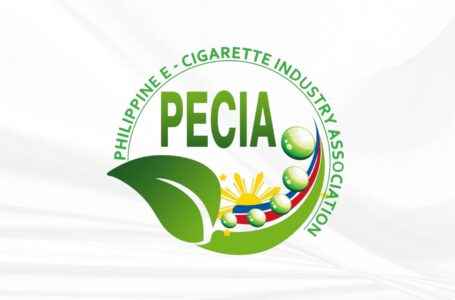From left to right: Jacopo Dettoni, Daniele Marchesi, Jericho Nograles, Vincent Juan, and Chen Yun Jin
Illicit trade thrives in Southeast Asia despite government efforts, underscoring the need for the private sector to take a more active role in the fight, legal experts and industry leaders said at a recent forum.
Businesses are often caught in the middle, as both victims of smuggling and counterfeiting and, at times, unwitting facilitators, according to panelists at the event organized by The Financial Times in Taguig City. They emphasized that private sector engagement is critical in preventing, detecting, and disrupting these illegal activities.
Illicit trade is often tied to global crime networks, said Daniele Marchesi, country manager for the Philippines at the United Nations Office on Drugs and Crime (UNODC). “This issue of crime and illicit activities cannot be solved only by states. We need a very comprehensive approach that involves also the private sector, academia and other actors,” he said.

Petroleum smuggling remains a significant challenge for the downstream oil industry, said Vincent Juan, a legal counsel and deputy corporate compliance officer at Shell Pilipinas Corp. “Petroleum products are transferred from one vessel to another in the high seas and then brought to the Philippine shores, or smaller vessels are docking in smaller Philippine shores,” Juan said.
He warned that consumers using these smuggled goods may unknowingly be buying products that are “dangerous and unsafe for your car and the environment.” Shell was the first to comply with the government’s fuel marking program, which uses molecular tags to distinguish legitimate imports, he said.
The illicit tobacco trade is also a pressing concern. Jericho Nograles, president of the Philippine Tobacco Institute (PTI), said one in five cigarettes sold locally is fake, and the COVID-19 pandemic further fueled the trade. “This year, we are still seeing a rise of illicit tobacco trade based on our monitoring, not because of the lack of enforcement, but a lack of successful prosecution,” he said.
Nograles proposed a composite task force led by the Bureau of Internal Revenue, the Bureau of Customs, the Department of Finance, and the Department of Justice to combat the illicit tobacco trade, which he said costs the government an estimated 160 billion pesos annually in excise taxes. “It should not only be enforcement-focused, but prosecution-focused,” he said.
Governments often fail to address illicit trade because “it’s embarrassing,” Nograles added, adding that the private sector needs to pressure authorities to acknowledge the problem. He also underscored the need to harmonize trade policies in Asia, noting that a product considered legal in one country may be treated as illicit in another.
Similar challenges plague the liquor sector, said Chen Yun Jin, a partner at LAW Partnership specializing in intellectual property. He explained that in Malaysia, liquor regulation is spread across multiple agencies, including the Ministry of Domestic Trade, customs authorities, the police, the Ministry of Health, and local councils. “There are so many authorities that are involved just in this industry,” he said.
Jin also cited the need to harmonize trade, intellectual property, and labeling laws across the Association of Southeast Asian Nations (ASEAN). He noted an example of “parallel import, where they are actually legally manufactured in the country of origin, but then when it comes into, for example, Malaysia, it did not follow the requirements of the labeling law. So that would be mismatched in terms of the IP law.”
Collaboration should involve a broad range of private-sector players, from producers and corporations to insurers and shipping companies, he said. He said business associations and chambers of commerce must also raise awareness of the issue.




















